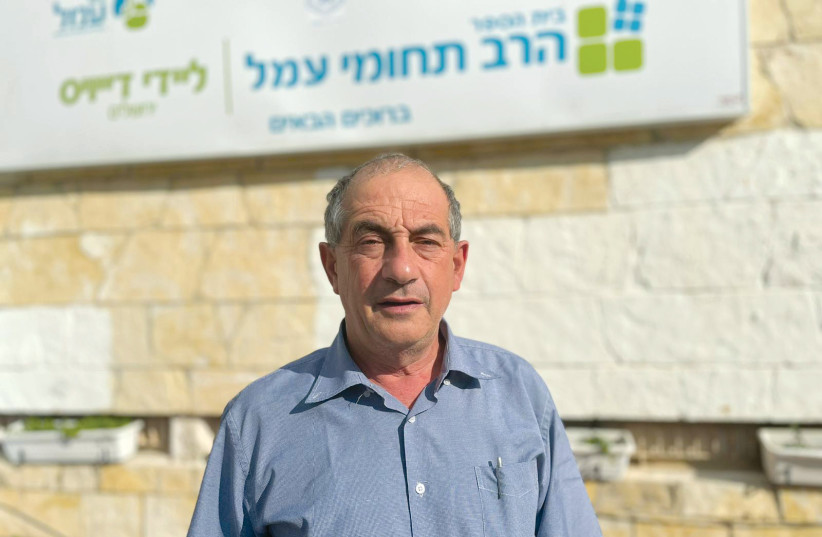Despite the heavy heat of July and the long summer holiday, it seems that the mayoral and council elections campaign is starting to wake up. Candidate lists begin to be revealed, alliances are made, and the involvement of national parties emerges.
At the end of last week, Mayor Moshe Lion revealed the first swallow in his new list: His Number Two in the upcoming elections will be Dr. Ronit Ahdut HaCohen, who is a doctor of neuroscience and lecturer at the Hebrew University of Jerusalem’s Faculty of Medicine as well as being a senior lecturer and the head of the sciences and health department promotion at David Yellin College.
Lion reiterated his commitment to run at the top of a list that is balanced in terms of gender.
Who else is running in the Jerusalem municipal elections?
The largest opposition list on the city council is the Hitorerut movement, which has shrunk from seven to five over the course of the term and made an alliance with the National Unity Party led by Benny Gantz – an impressive achievement by all accounts. This will allow its young chairman, Adir Schwartz, who stepped into the big shoes of his predecessor, Ofer Berkowitz, to participate in the local political discourse.
About the two veteran leaders on the pluralist benches of the city council, Laura Warton and Yossi Havilio, the fact that there is no news is actually not good news. Havilio returned this week from a two-week vacation, and as of the time of writing these lines, there has not yet been any progress toward the unification of these two camps, which many believe have no significant differences between them.

Havilio, at the top of his list Saving Jerusalem, aims to strengthen the pluralist wing in the city and at giving the mayor assistance, even if indirectly, in an effort not to let the representatives of the ultra-Orthodox factions take over the council and its decisions. Neither Wharton nor Hitorerut members seek to narrow the steps of the representatives of the ultra-Orthodox public but rather to prevent the secular and traditionalists from being trampled in the city. It is not only about budgets, although that is certainly important, but about the atmosphere that many of the non-Orthodox representatives see as the main reason for the young people leaving the city. Closing places to hang out on Shabbat and holidays, as well as the fact that salaries, even in the hi-tech field, are significantly lower in Jerusalem than those paid in Gush Dan are agendas on these lists.
Wharton, at the head of the democratic Meretz-Jerusalem list, actually has the same goals. Among Jerusalemites seeking to encourage non-Orthodox residents to vote, there are already signs of frustration and disappointment that these two have not yet been able to reach an agreement and run together.
Representatives of the Labor and Yesh Atid parties in the city are also waiting to see what happens between the two, to decide if they will also join a large and united list.
Wharton’s principles for her campaign promote a vision that fits in with most of the pluralist groups and lists. At less than three months to the elections (October 31), Jerusalemites fail to understand why, again, several lists run separately (for a more just and equitable distribution of the municipality’s resources), failing to reach joint running agreements and causing many to doubt the chances of these elections to bring about a balance among the different sectors in the city when they come to fill the 31 seats of the city council.
Meanwhile, in the ultra-Orthodox sector, there is still no significant preparation. Degel HaTorah will wait until the month of Elul in order to close their lists. The last date for submitting the lists is September 15, erev Rosh Hashanah.
In the meantime, a new list enters the race, the list that represents the Noam party associated with Rabbi Zvi Tau, associated with a conservative and anti-LGBT agenda. Surprisingly, this list has at its head a woman, Liora Alon, a mother of eight from the Har Hamor community. In second place is Eldad Rabinovitch, a lawyer and resident of Silwan.
Still 81 days to go until D-Day. Stay tuned. ❖
